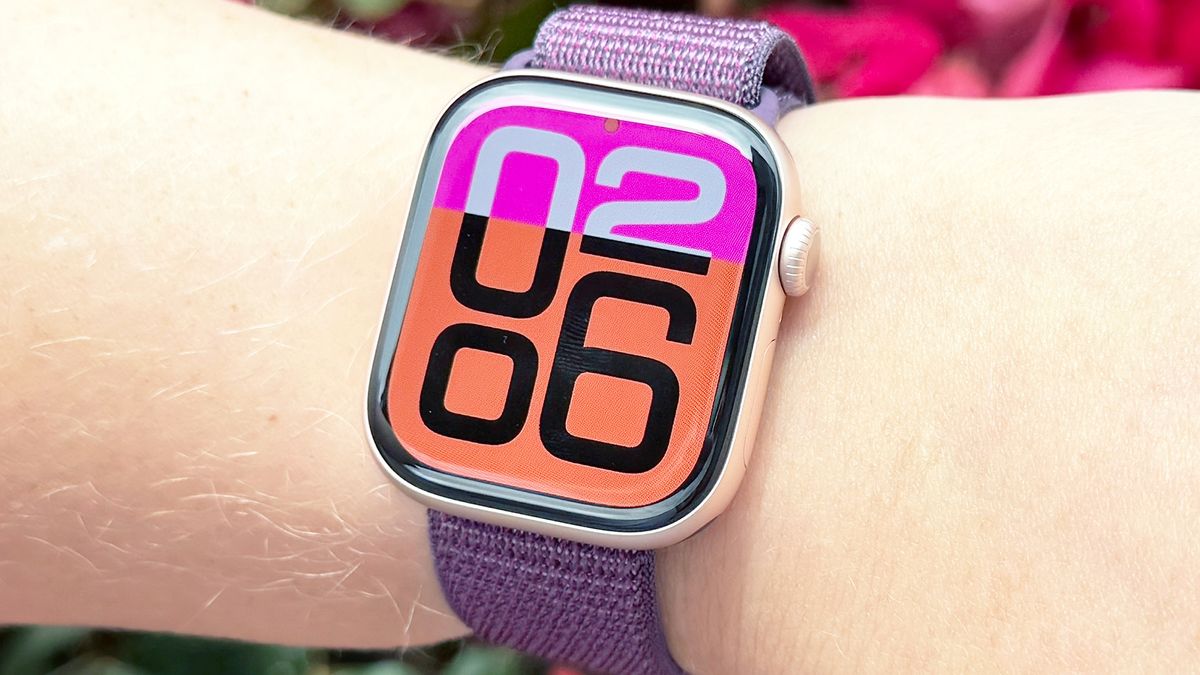
EU is ordering Apple to open up iOS even more — offering better access for headphones, smartwatches and other accessories
- 20.03.2025 11:40
- tomsguide.com
- Keywords: Apple
The EU is mandating Apple to open iOS for better integration with third-party devices like headphones and smartwatches. This follows previous app store regulations, with Apple criticizing the move as harmful to innovation. Changes will primarily affect EU users.